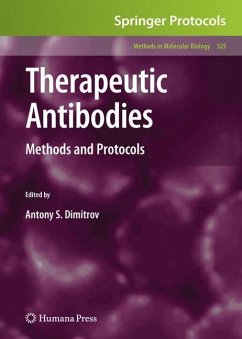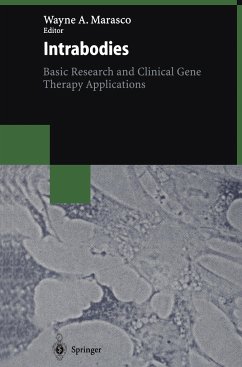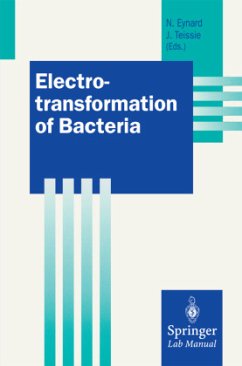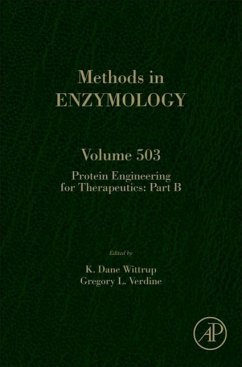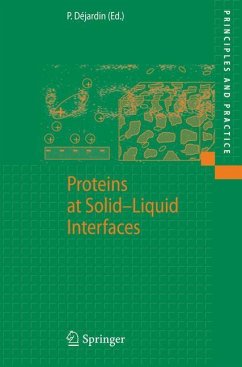
Antibody Engineering Volume 1

PAYBACK Punkte
133 °P sammeln!
This book is a toolbox of well-established basics and many exciting new techniques in antibody engineering, reflecting the latest hands-on work of key laboratories in this fast-moving field. The new edition is expanded to nearly double the number of protocols.
Antibodies are indispensable tools for research, diagnosis, and therapy. Recombinant approaches allow the modification and improvement of nearly all antibody properties, such as affinity, valency, specificity, stability, serum half-life, effector functions, and immunogenicity."Antibody Engineering" provides a comprehensive toolbox covering the well-established basics but also many exciting new techniques. The protocols reflect the latest "hands on" knowledge of key laboratories in this still fast-moving field. Newcomers will benefit from the proven step-by-step protocols, which include helpful practical advice; experienced antibody engineers will appreciate the new ideas and approaches. The book is an invaluable resource for all those engaged in antibody research and development.





